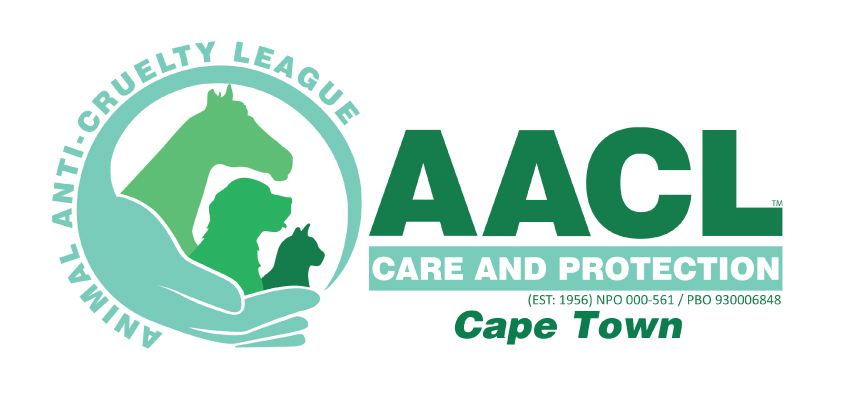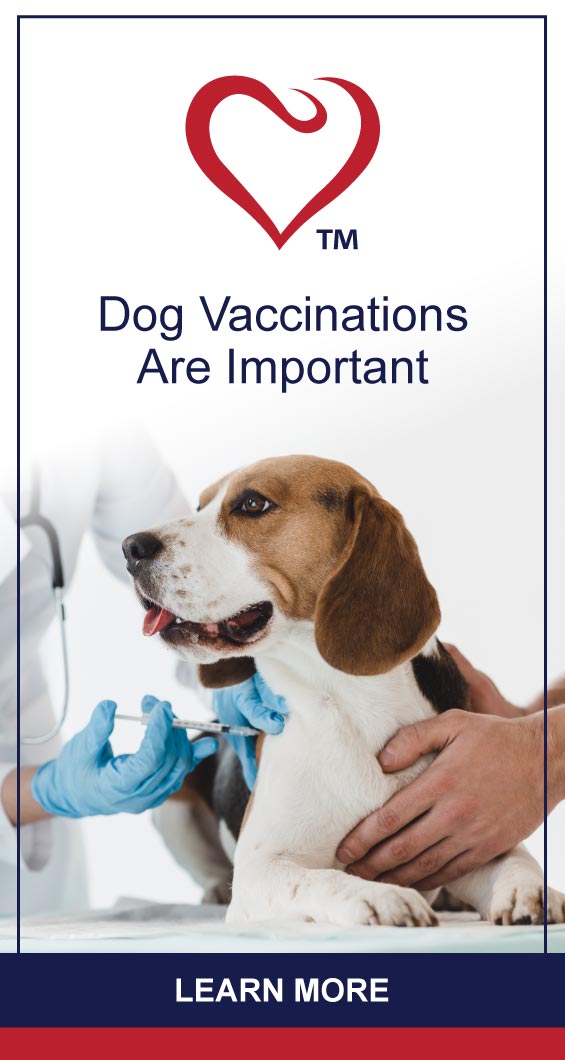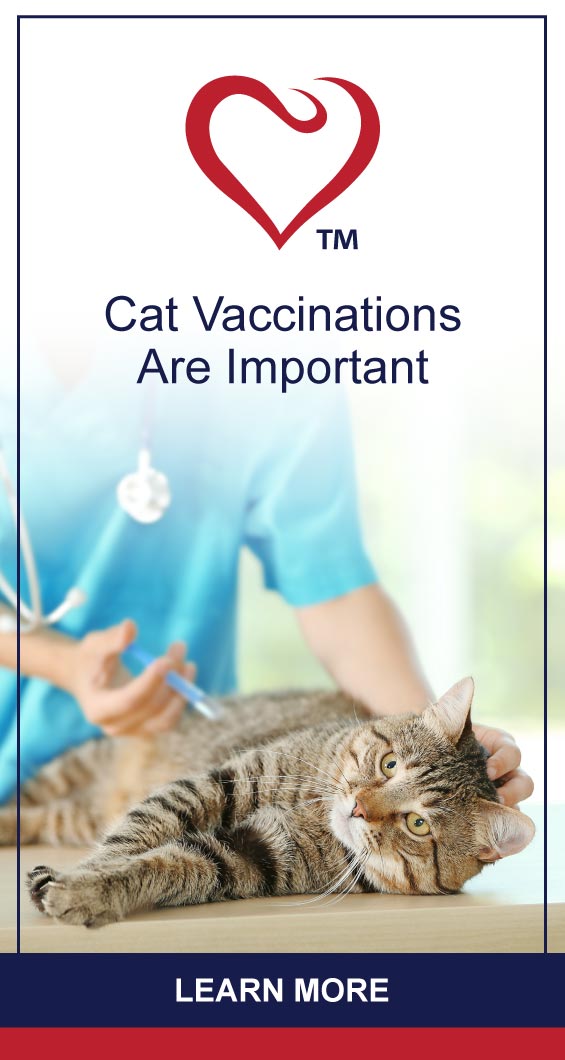HEALTH & WELLNESS

TRENDING

We’re excited and honoured to feature South Africa’s second largest independent animal welfare organisation on PetlifeSA.
What You Need To Know About Zoonotic Diseases

A zoonotic disease (or zoonosis) is a type of disease that passes from an animal or insect to a human. Zoonotic diseases are caused by a pathogen such as a virus, bacterium, fungus or parasite and transmitted through a ‘vector’ (e.g. mosquito, tick) in order to infect a human.
Some zoonoses don’t make the animal sick, but will make a human sick. The infected human typically transmits the infectious agent to at least one other human, who, in turn, infects others. It may range from a minor to short-term illness or to a major life-changing illness.
Zoonoses have different modes of transmission:
- Enteric zoonoses are generally transmitted through contaminated food or water and cause gastrointestinal illness such as Salmonellosis, Campylobacter and Giardia infections.
- Non-enteric zoonoses is a grouping of vector-borne diseases and infections transmitted between animals and humans and may be a bacterium, a virus, a fungus or other communicable disease agent, such as Lyme disease, West Nile virus (WNV) and plague.
- Direct zoonoses the disease is directly transmitted from animals to humans through bites and saliva (rabies) or through media, such as air (influenza).
- Environmentally mediated zoonoses (such as Anthrax, Echinococcosis, Leptospirosis), are important re-emerging infectious diseases that affect humans worldwide.
- Humans can suffer from several food-borne helminth zoonotic diseases, (such as Toxoplasmosis, Trichinellosis). The route of infection is normally consumption of the parasite’s natural host as a human food item (e.g. meat). Inadequate knowledge of infection and hygiene, and unsafe management and disposal of animal waste products facilitate transmission.
Some of the most serious zoonoses are spread by mosquitos and ticks.
The most common zoonotic diseases in South Africa are:
- Ringworm is a highly contagious fungal infection of the skin or scalp and spread by skin-to-skin contact or by touching an infected animal or object.
- Sarcoptic mange (also called Scabies) is a highly contagious, intensely itchy skin condition caused by a tiny, burrowing mite, which spreads quickly through close physical contact from pets to people.
- Giardia (also called beaver fever) is an intestinal infection caused by a giardia parasite and spreads through contaminated food or water or by person-to-person contact. Giardia is found on surfaces or in food, soil or water that has been contaminated with feces from infected animals or humans.
- Cat scratch disease (CSD) is caused by a bacterium called Bartonella henselae, which may be carried in the saliva of infected cats and in the bodies of cat fleas. This bacterial infection is usually transmitted from cat to human via scratches, although it can also be transmitted via bite wounds or when a cat licks the open wounds of a person.
- Roundworms & Hookworms are some of the most common intestinal parasites seen in both dogs and cats. Contact with contaminated soil or dog feces can result in human ingestion and infection.
- African Tick-Bite Fever (ATBF) is a bacterial infection that is spread through the bite of ticks infected with the Rickettsia africae bacteria. Ticks that are infected with tick-bite fever are usually most active from November through April. It is important to use a tick preventive product on your pets to prevent them from bringing ticks into your home.
- Toxoplasma (rare) can be transmitted to humans through ingestion of raw or inadequately cooked contaminated meat, exposure from infected cat feces, or mother-to-child transmission during pregnancy.
- Rabies is usually spread through the bite or saliva of a rabid animal. In South Africa most cases of human rabies follow dog bites. Wildlife animals most likely to spread rabies include the bat-eared fox (Namibia and North-Western Cape), black-backed jackal (Northern Province) and yellow mongoose (Highveld and Karoo). Domestic animals such as cattle and cats are sometimes infected by bites from these animals and people may then in turn be exposed to the virus as such. It is compulsory to vaccinate all dogs and cats against rabies in South Africa.
- Leptospirosis is considered the most widespread zoonotic disease in the world. It is a bacterial disease that can pass from animals to humans when an unhealed break in the skin comes into contact with water or soil where an infected animal’s urine is present.
- Bordetella the main bacteria Bordetella Bronchiseptica is a respiratory pathogen commonly found in companion animals and can cause infectious bronchitis in dogs and other animals. It can infect humans and is only a risk factor for people with weakened immune systems.
Related Articles
Vital Reasons Why You Should Clean Up After Your Dog Read Now
How To Protect Your Dogs And Family From Pests And Parasites Read Now
Good Hygiene Practices For Humans To Avoid Parasite Infestation Read Now
The Scary Thing About Sandboxes Read Now
How Tapeworms Affect Pets & Their Owners Read Now
Cat Parasites That Can Infect Humans Read Now










